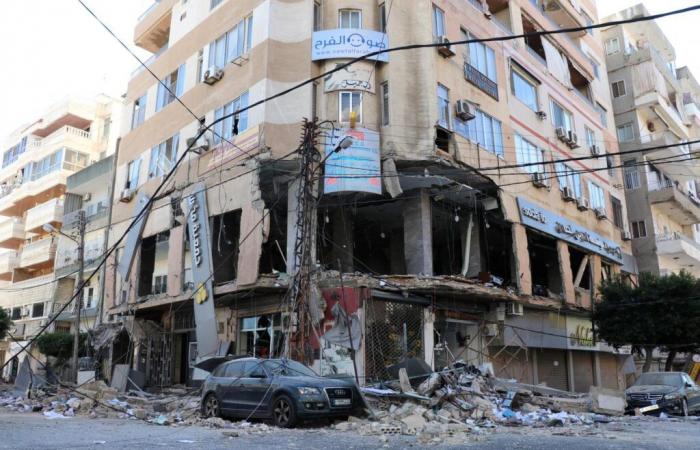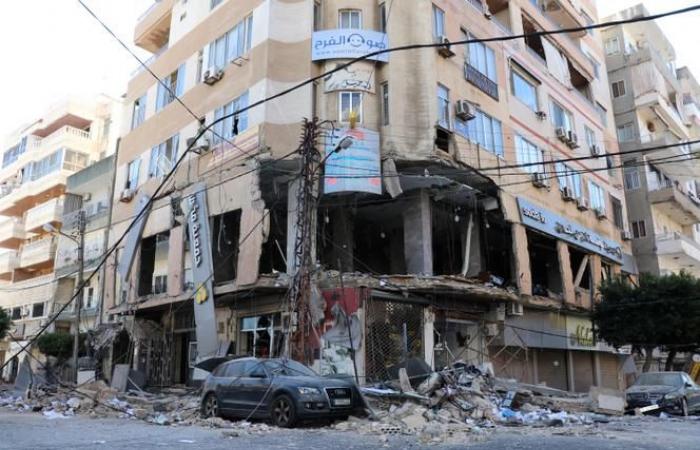A month after the Israeli strikes that targeted several branches of Al-Qard Al-Hassan (“benevolent loan” in Arabic) in the southern suburbs of Beirut, Baalbek and Sour on October 20, Hussein (who declined to give his surname for security reasons) has had no news from the Hezbollah-run microcredit institution. He has tried in vain to contact the administration.
A government employee, he had deposited gold as collateral and obtained a loan of $2,500 (€2,400) to furnish his home in order to get married. This money has been lost: the house, in Jnah, a popular Shiite district on the edge of the southern suburbs, was heavily damaged during a bombing raid in October. Hussein is not a Hezbollah militant: He turned to Al-Qard Al-Hassan shortly before the war because he couldn’t get a bank loan. His salary collapsed with the financial crash of 2019, and traditional banks only grant very rare loans, to privileged customers.
The targeting of the Shiite movement’s social organization has plunged hundreds of thousands of customers, debtors and savers, mostly from the Shiite community, into uncertainty. The fate of foreign currency and gold reserves remains unclear. Hezbollah spokesman Mohamed Afif – killed in an Israeli raid in Beirut on November 17 – had insisted that Al-Qard Al-Hassan would respect “its commitments.” A resident of Bint Jbeil, a town on the Lebanese-Israeli border now deserted by civilians, said he had watched the local branch being emptied, a few days after Israel had attacked Hezbollah members with booby-trapped beepers and walkie-talkies, on September 17 and 18. He saw this evacuation as a sign that war was coming. On September 23, the Israeli army launched its offensive in Lebanon.
The October strikes have fueled obsessive fear among residents living near the bank’s offices in Beirut and the surrounding region, who have been afraid that they might be targeted. The Israeli army has accused Al-Qard Al-Hassan of being involved in “financing Hezbollah’s terrorist operations.” Since 2007, the association has been under sanctions from Washington, which accuses it of money laundering. It is registered with the Lebanese authorities, but operates outside the financial circuit. All its branches – around 30 altogether – are now closed.
Credit boom
The microfinance organization is “neither a bank nor a financing tool for Hezbollah,” said Aurélie Daher, professor of political science and author of Hezbollah: Mobilisation and Power. Behind its targeting, “the Israeli design seems to be to destroy the link between Hezbollah and its support base, and to instill doubt about its ability to return deposits and, more broadly, about what the movement will be able to undertake in terms of reconstruction,” she said. After the 2006 war, Hezbollah quickly got involved in reconstruction, with Iranian funding.
You have 43.65% of this article left to read. The rest is for subscribers only.







